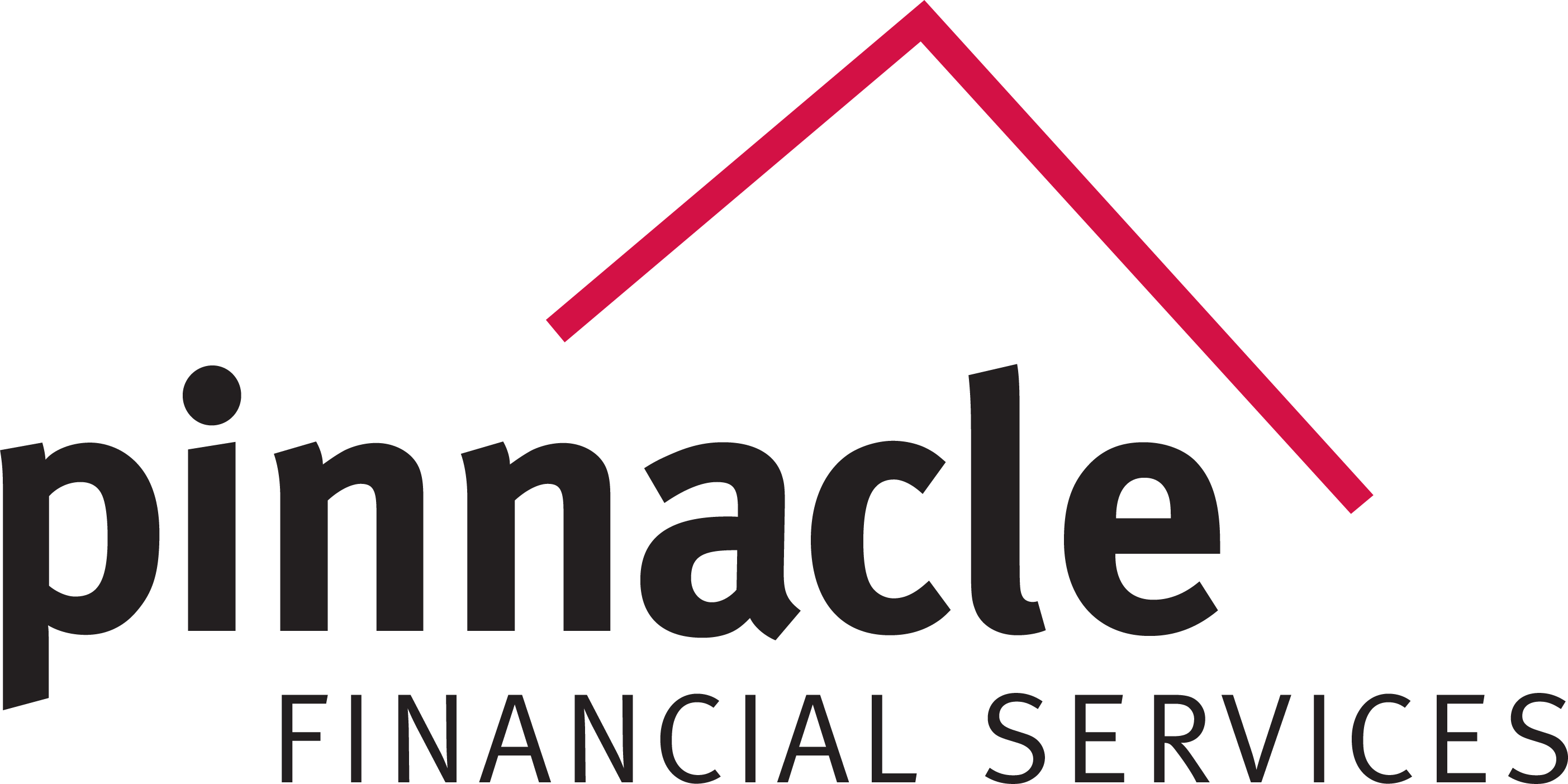For life and health insurance agents and agency owners, this transformation will present technology challenges. The key will be to understand the implications of these technologies and the benefits that will roll to both customers and agents. Here’s a quick synopsis of the players.
- Smart contracts are self-executing agreements powered by blockchain. They are likely to revolutionize the way agents and insurance companies operate and interact with their clients, offering enhanced data interoperability, automated administrative processes, robust fraud detection, and more client-centric application processes.
- Blockchain-based technology. Blockchain is a secure, digital ledger that records transactions across a network of computers. It’s designed so that once something is recorded, it can’t be changed, creating a permanent and transparent history of events. This reliability is what makes smart contracts possible. Because everyone on the network sees the same version of the truth, insurers and policyholders can automate claims, trigger payment, and enforce contract terms without needing to rely on manual reviews or intermediaries. Blockchain lays the groundwork for smart contracts to function with trust, speed, and accuracy.
We won’t try to unravel the many mysteries of blockchain in this article. Instead, let’s peel back some of the amazing benefits blockchain will bring to us all.
The challenge: Bringing solutions to street level
Even those new to insurance are no stranger to the technology hurdles facing the industry. On our side are high administrative expenses and outdated technology. From the customer comes rising expectations for personalized services and more competitive rates. The collision of these is especially acute for life and health insurance agents and agency owners, who must balance delivering value to clients with maintaining a profitable operation.
A recent study by Deloitte demonstrates how these new capabilities can help agents and agency owners create new business opportunities. Here is what they discovered and why the findings are valuable to agents.
Blockchain and enhanced data interoperability
One of the key advantages of blockchain technology in the insurance sector is its ability to enhance data interoperability. Blockchain can facilitate the creation of comprehensive, interoperable health records that are accessible to all relevant parties, including insurers, health care providers and policyholders.
This improved data sharing and trust can lead to more accurate underwriting, as insurers will have a complete and more reliable picture of a client’s health status. For life insurance agents, this means being able to offer more tailored policies and better advice to clients, ultimately enhancing the customer experience.
Automated administrative processes
Smart contracts are like digital agreements that execute themselves when certain conditions are met. They can automate numerous administrative tasks, from collecting and linking important information to processing claims and other related tasks. For example, when a policyholder submits a claim, a smart contract can automatically verify its validity and process the payment without any manual intervention. This not only speeds up the claims process but also reduces errors and delays, allowing you to spend less time on paperwork and more time building strong relationships with your clients.
Fraud detection and prevention
Fraud remains persistent in our business, costing companies billions of dollars each year. Smart contracts, combined with blockchain’s decentralized consensus protocols, can help detect and prevent fraudulent activities. By creating an immutable and transparent record of all transactions, this will ensure claims and applications are genuine and have not been tampered with.
For life insurance agents, this means a more secure and reliable business environment, where the risk of financial losses due to fraud is significantly reduced.
Improved provider directory accuracy
Maintaining an accurate and up-to-date provider directory is crucial for ensuring that policyholders have access to the right health care services. However, traditional methods of updating directories can be slow and prone to errors.
Blockchain technology can enable the creation of unique, easily and quickly updated provider directories. This ensures that policyholders always have access to the most current information, thereby improving their overall experience and satisfaction.
Client-centric application processes
The life insurance application process can be intrusive and discouraging for potential clients. By leveraging blockchain technology to create a more comprehensive and accessible set of medical records, the application process can become more client-centric. Policyholders can easily share their health data with insurers, reducing the need for extensive medical exams and questionnaires. This not only makes the process more convenient but also helps to build trust and transparency between the insurer and the policyholder.
Dynamic insurer/client relationships
Blockchain technology can also facilitate the integration of wellness-related behaviors into the insurer/client dynamic. Electronic health records stored on blockchain can track a client’s health and wellness activities, such as regular exercise, healthy eating and routine medical check-ups. Insurers can use this data to offer more interactive and personalized policies, including discounts for maintaining a healthy lifestyle.
For life insurance agents, this means providing more value to clients and potentially increasing policy retention rates.
Real-world pilots
Several insurance companies in segments outside of health or life insurance have already begun piloting innovative contract solutions. For example, parametric policies pay out based on predefined triggers rather than the actual loss. These policies can be beneficial in situations where the loss is easily quantified, such as natural disasters or flight delays. When a predefined event occurs, the smart contract automatically processes the claim and disburses the payment, providing a seamless and efficient experience for the policyholder.
Smart contracts and automated claims workflow
Some insurers are using smart contracts to automate the entire claims process, from submission to payment. This not only accelerates the process but also alleviates the administrative burden on both the insurer and the policyholder. For life insurance agents, this means being able to offer clients a more reliable and efficient service, which can be a significant differentiator in a competitive market.
For example, Avaneer Health has launched a decentralized network and platform to transform health care administration. This platform connects payers, providers, and innovators to share real-time data, streamline processes, reduce costs, and improve outcomes. It enables secure and controlled data sharing, maintaining an immutable audit trail to enhance data security and privacy. The platform’s features, such as secure, permissioned data sharing and an immutable audit trail, are consistent with the benefits of blockchain and smart contracts, suggesting potential compatibility or leverage of these technologies. The expected benefits include streamlined revenue cycles, lower costs, stronger data security, and improved patient experience.
The adoption of smart contracts and blockchain technology has the potential to transform the insurance industry by improving operational efficiency, enhancing customer experiences, and enabling new business models.
What can you do now?
You don’t need to be a blockchain technology expert to start evolving your agency. By taking small, strategic steps today, you’ll be better prepared when smart contracts become mainstream. Here’s where to begin.
- Start with the carriers you trust. Ask your carrier representatives or field marketing organization contacts whether they’re exploring smart contracts and other new capabilities. Some are quietly piloting features that could directly impact how you submit applications or process claims. Expressing early interest could give you access to upcoming tools, or at least a seat at the table when those tools roll out.
- Start planning to digitize processes that you currently do manually. Before you adopt smart contracts, your business must think like a system. Start by identifying one part of your workflow that still runs on paper, spreadsheets, or repetitive follow-ups. Common pain points include:
- Collecting client health information or signatures.
- Tracking underwriting status.
- Following up on claims or servicing.
Ask yourself: Could this be automated or standardized? Then explore lightweight tools in these categories:
- eSignature platforms for paperwork.
- Client portals for sharing sensitive info.
- Workflow or task automation tools that reduce follow-up.
These may not be smart contracts, but they push your business toward efficiency and automation.
- Invest in core tech that builds a smart-contract-ready foundation. If your customer relationship management system is just a contact list, you’re missing an opportunity. Today’s top agencies are using their CRM (or agency management system) to:
- Track client behavior and preferences.
- Auto-schedule outreach based on life events.
- Log service activity and follow-ups in real time.
- Sync with marketing tools or quoting engines.
That kind of structure — centralized, searchable, secure — mirrors what smart contracts will one day need to operate. The goal isn’t perfection. It’s progress. A modern CRM, document management platform, or simple application programming interface integrations can save you time now while preparing your business for bigger innovations later.
- Build a relationship with someone who speaks tech and insurance. You probably don’t need to hire a full-time chief technology officer, but you do need someone who can help you spot new tools and evaluate them for fit. This might be an insurtech consultant, an innovation-friendly vendor, or even someone within your FMO. As smart contracts gain traction, you’ll want a trusted guide to help you adopt the right tools at the right time.
Now is the time for life and health insurance agents and agency owners to position themselves at the forefront of this technological revolution. Those who adapt and innovate will be best equipped to succeed in the new landscape.








